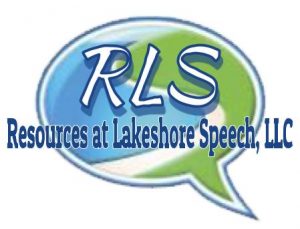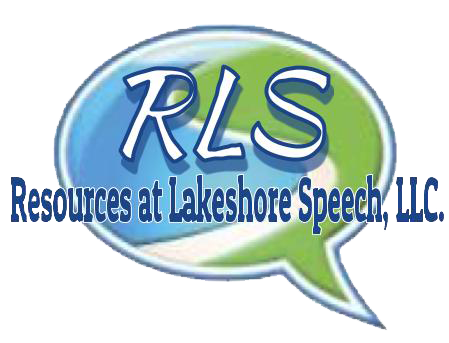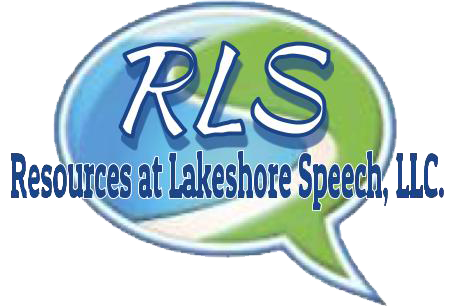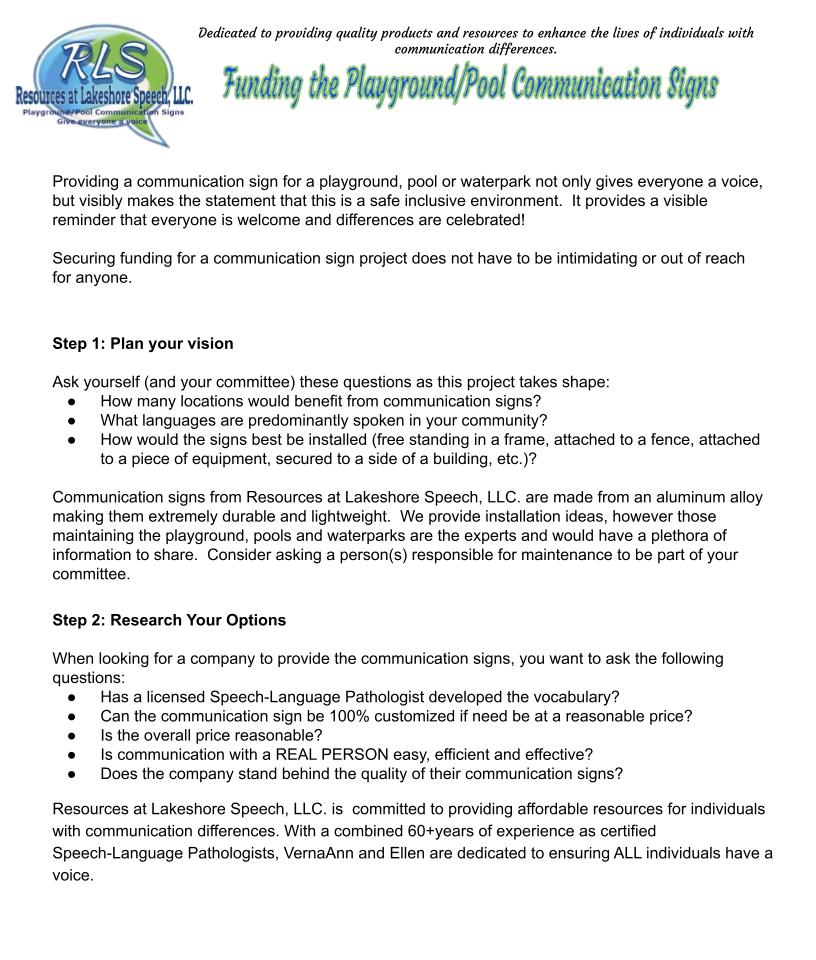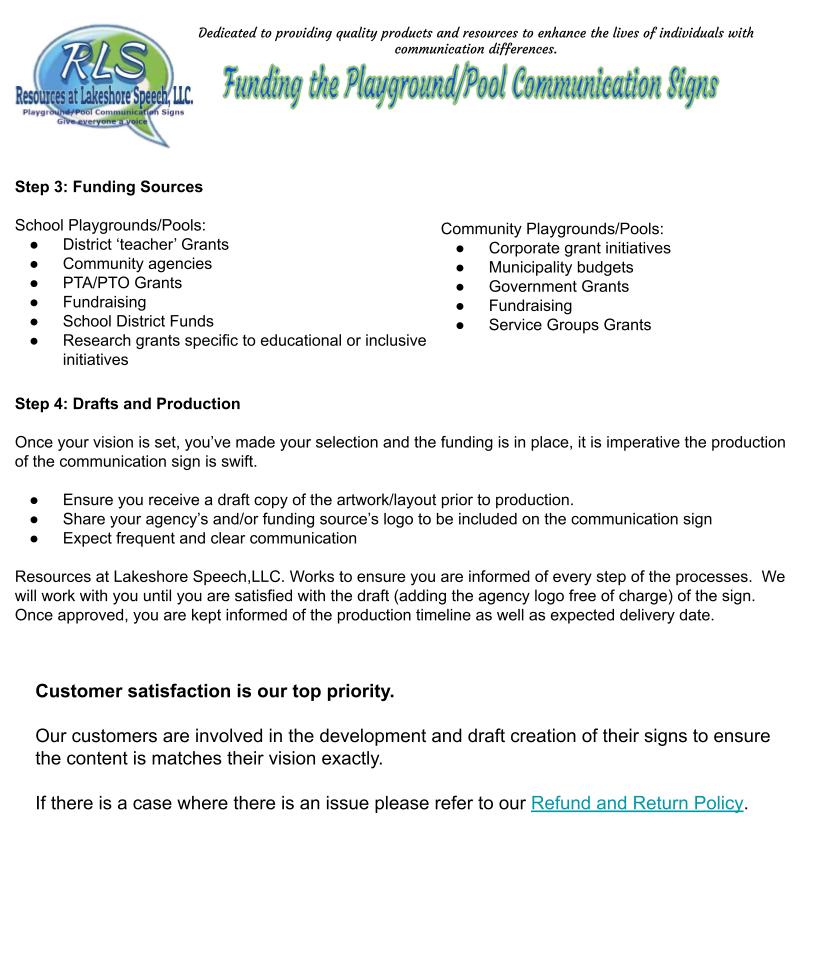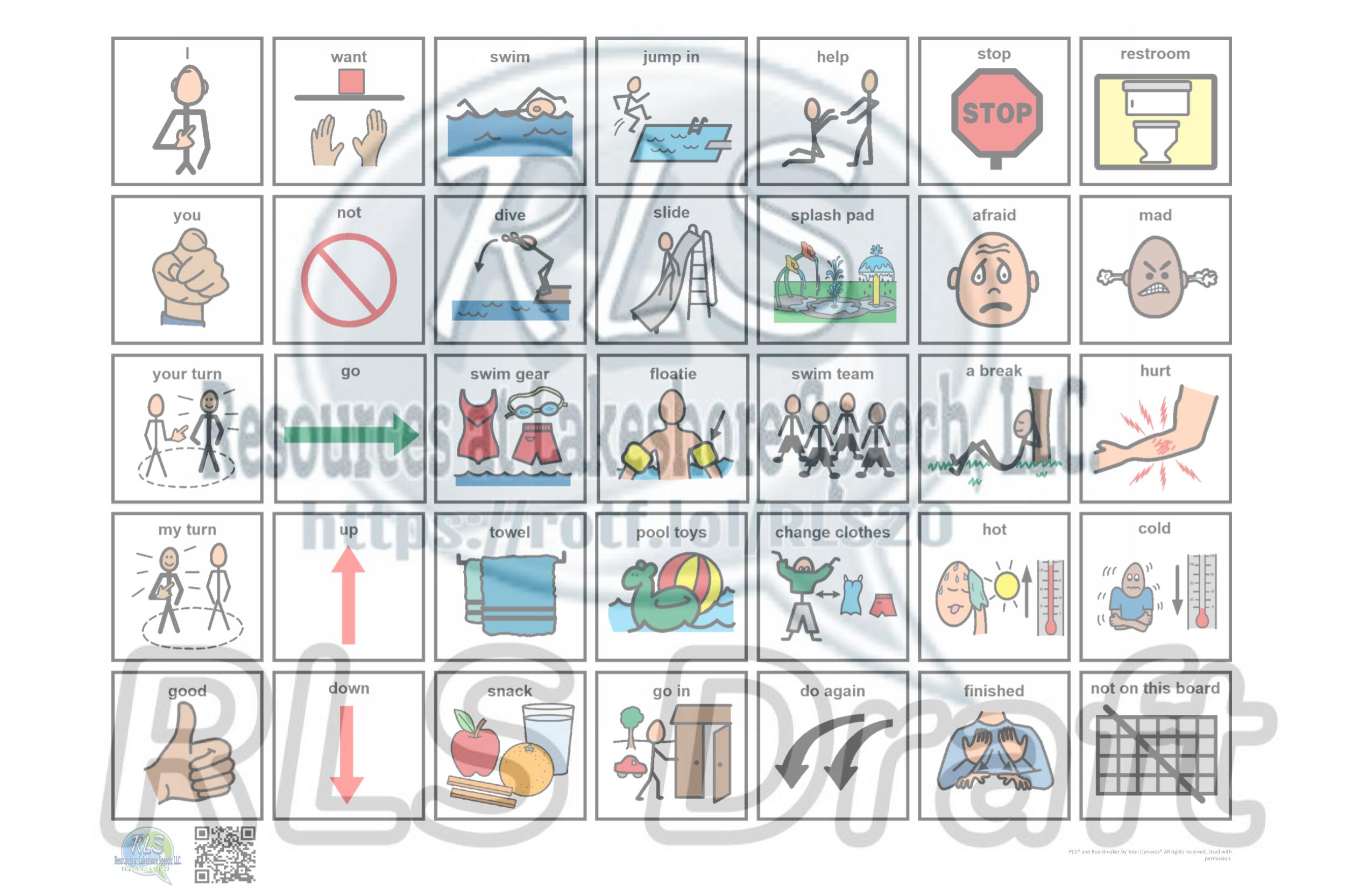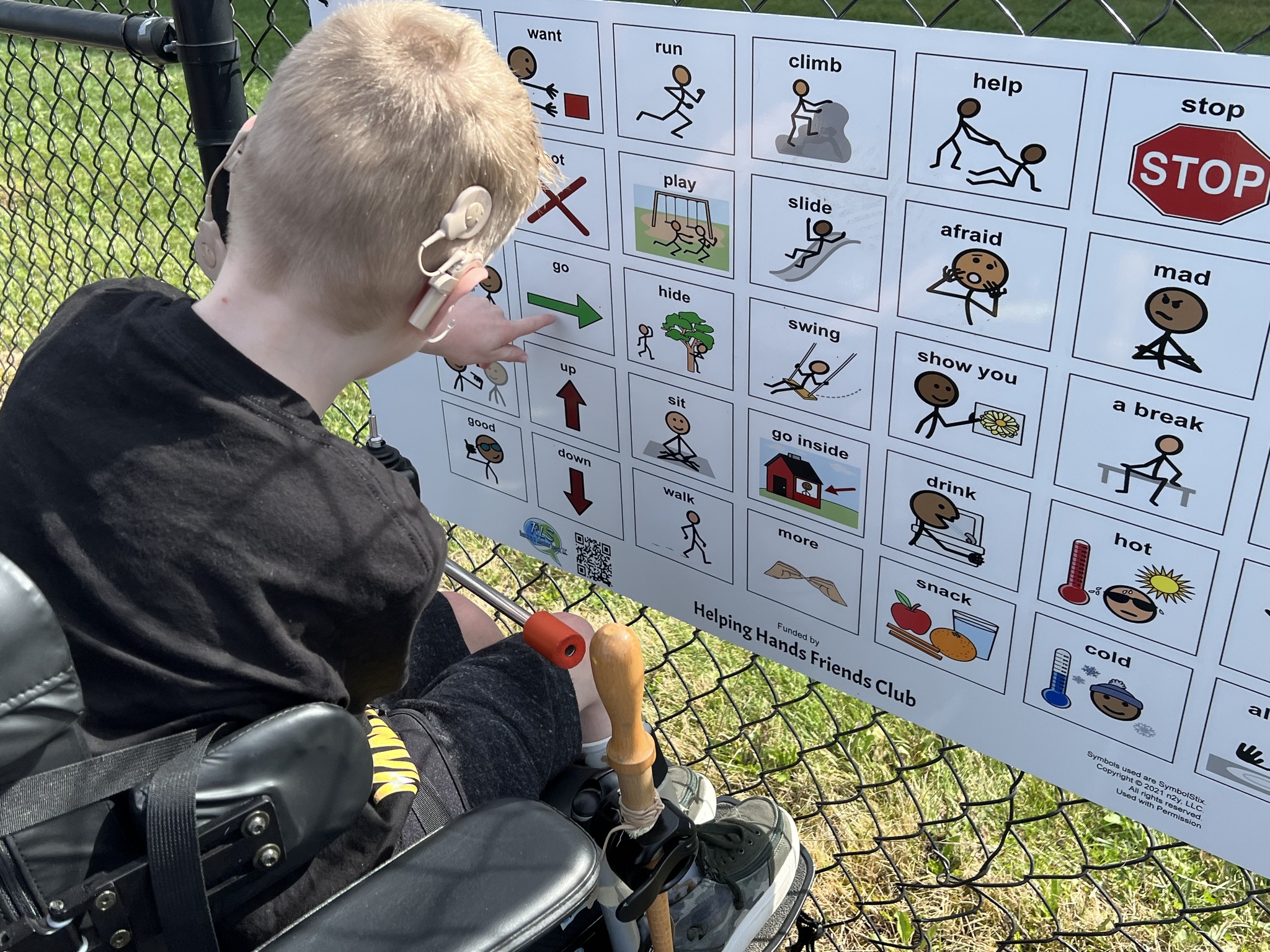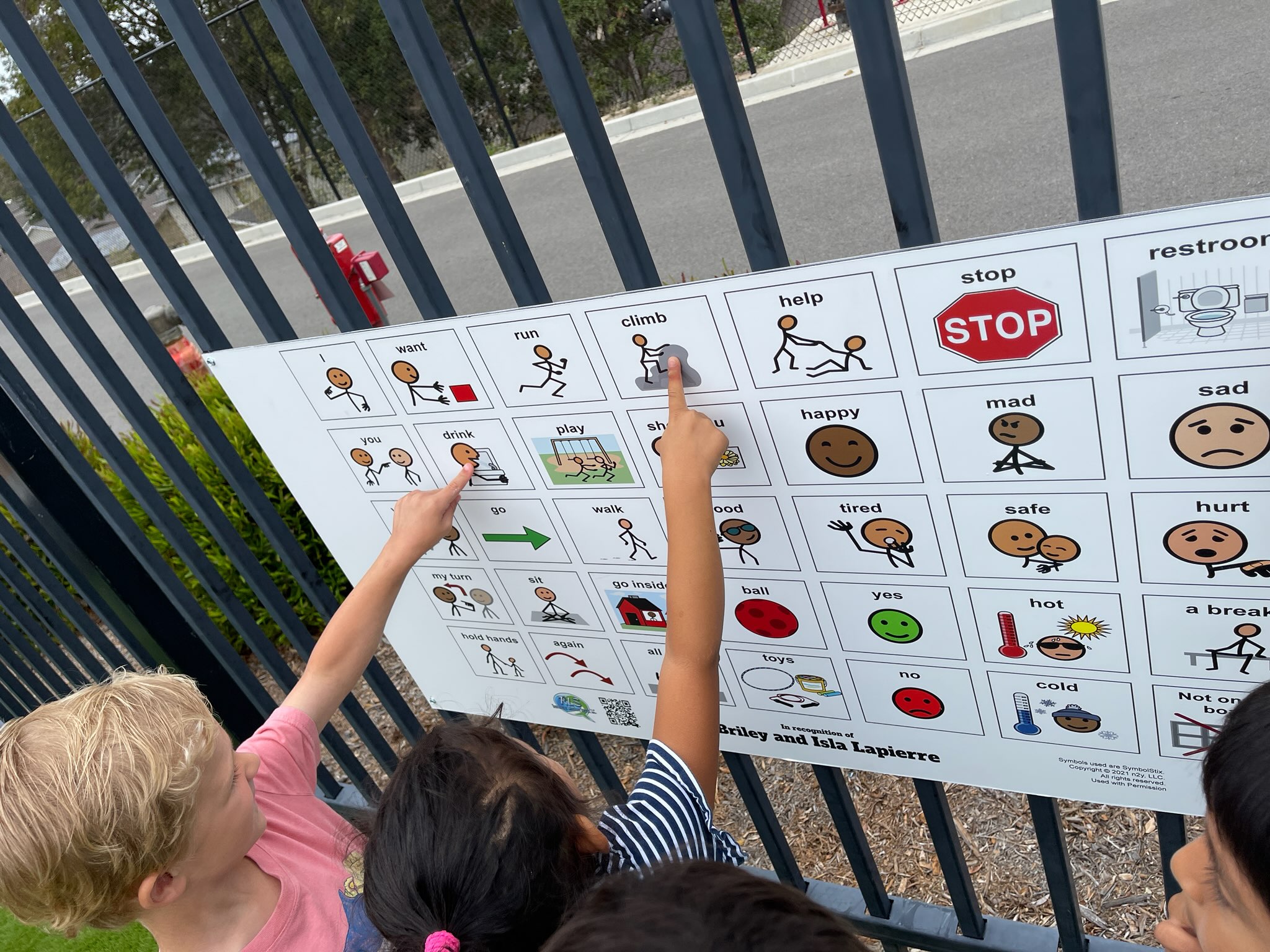Getting and giving gifts can be exciting but hard for some individuals. Preparing for this time of the year helps to make everyone’s celebration special.
Continue readingHow to Fund Playground Communication Boards
9 Easy Ways to Create Sensory Friendly Holiday Decor
The holiday season is a time of joy, celebration, and togetherness. We’ll explore how to create a sensory-friendly holiday environment by making thoughtful choices in your decorations.
Continue readingSensory-Friendly Thanksgiving
Celebrating Thanksgiving with a child with Autism may require some preparations ahead of time and on the special day to ensure a comfortable and enjoyable experience.
Continue readingCommunication Boards by the Pool
Pool communication boards can make it easier for everyone to have a good time in the pool, especially people with communication differences.
Continue readingImproving Inclusivity in City Parks
Playgrounds are loved by young and old. Playground communication boards play an important role in creating a sense of inclusivity, support and community in city playgrounds.
Continue readingBe Spooktacularly Ready for Halloween with Speech Therapy
Discover how speech therapy can make Halloween a treat. Explore how speech therapy can help practice Halloween-themed conversations, boost confidence, and improve social skills.
Continue readingThe Power of Playground Communication Boards
Discover the significance of AAC Awareness Month in October and explore the transformative power of playground communication boards. In this insightful article, we delve into the world of Augmentative and Alternative Communication (AAC), shedding light on its importance for individuals with communication challenges. Learn how playground communication boards foster inclusivity, encourage social interaction, and promote language development among children, all while making outdoor play areas accessible to everyone. Join us in celebrating AAC Awareness Month and discover how these communication tools create opportunities for communication, empathy, and connection. Explore the ways you can support AAC initiatives and make a difference in the lives of those who rely on AAC, both on the playground and beyond. #AACAwarenessMonth #PlaygroundCommunication #Inclusivity #AACSupport
Continue readingTeletherapy Tips for Families
As we are all beginning to adjust to teletherapy as well as online or elearning, we thought it best to share some tips to make you and your loved ones time in therapy, albeit significantly different than ever before, more successful.
- Count on some sort of technology failure – if you count on the fact that the mic won’t turn on or your wifi will be running slow, you won’t panic when it does happen. If there is a technology failure (on your side or on the therapist’s side), the first thing to do is breathe. Next calmly begin to troubleshoot. Prior to the appointment, you may want to trial the mic and speakers on the device you intend to use for therapy. If your bandwidth on your wifi is slow, as those in your home to stay off the network or not engage in activities (streaming videos) that use a lot of bandwidth. If the session can’t happen, you can reschedule. Flexibility is key.
- Create a “Therapy Space” or designate a “Therapy Space” for the duration of the session. You may want to create a ‘Therapy in Session’ sign with your loved one and hang it on the door of the room you are in for the session. If you will be in a shared living area, you may want to consider the use of a headphone and mic combination. This will decrease the amount of background noise your loved one will hear as well as the therapist. Consider scheduling therapy at a time when others in your family would be napping or engaged in more quiet activities as well. Creativity is key.
- Count on staying with your loved one for the onset of the therapy session. For individuals that may need support to pay attention, consider this time extra snuggle time. Have your loved one sit on your lap or very close to you during the session to help guide her/his attention to the therapist. This is time for your loved one to receive the critical therapy services needed as well as a time for YOU to better understand the techniques used to elicit specific behaviors, actions, and sounds from your child. Teamwork is key.
- Listen to the therapist and therapy session. Remember, this is your loved one’s therapy time, not necessarily yours. While it may be hard, refrain from answering the therapist’s questions for talking for your loved one. You may consider the situation/task that the therapist is asking your loved one to do is too difficult, but creating these situations to ‘push’ your loved one to the next level is necessary in progress towards mastery of goals. Trust is key.
- Carryover of all the new skills learned during the therapy session (both for you and your loved one) is extremely important for everyone! You will have new skills to support your loved one as he/she works on speech-language skills. Share what you have learned with others in your family. Help everyone realize the necessary supports to help your loved one succeed. Practice is key.
Keeping in mind the importance of flexibility, creativity, teamwork, trust and practice will ensure your loved ones success with this different approach to speech-language therapy.
More information about the telepractice services offered at Lakeshore Speech can be found at www.lakeshorespeech.com/telepractice or by calling 1-440-417-4190.
Yours in Speech,
Lakeshore Speech Therapy, LLC
Hope in the New Year
Happy New Year! It’s a new decade filled with hope! Hope for a year filled with much health and happiness! Hope that the closets will organize themselves! Hope that somehow, someway tiny building blocks will no longer find themselves in the path of an adult walking barefoot. Hope that dinner will be made and eaten without issue. Hope, hope, hope!
Hope is what keeps us all moving forward. Setting goals or evening having ideas of what hope can bring to the New Year is expected at this time of year; so long as this hope isn’t a disguise for bringing the feeling of failure to the New Year as well.
Sessions with a Speech-Language Pathologist is filled with the promise of hope and belief in your loved one. Your therapist believes in your loved one and his/her language potential all the while continually promoting your good work at home and navigating the developmental process to guide you all towards mastery and success. Walking out of a therapy session, you and your loved one should have a renewed feeling of strength to continue working on the specific skills, techniques, etc. until you see your therapist again.
Cheers to the New Year filled with much hope, happiness and health!
Yours in Speech,
Lakeshore Speech Therapy, LLC
